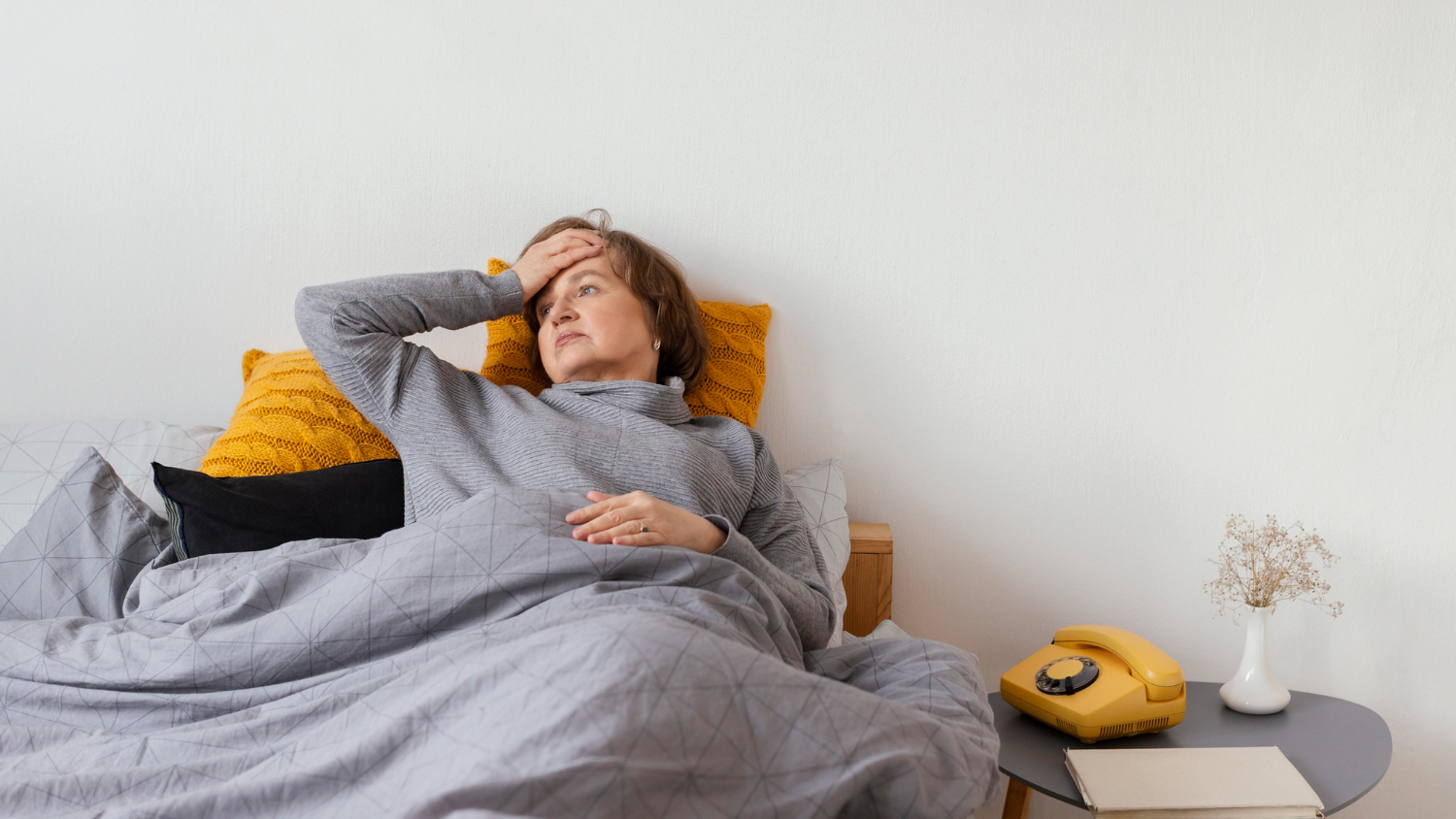Sleep and Mental Health: Key Things to Understand

In our fast-paced modern lives, we often forget the importance of sleep or, unintentionally, we neglect it amidst our other busy schedules. Perhaps this is because we do not realize how important healthy sleep is to our mental and physical well-being. Sleep is not just about rest, it is also essential for our overall health and well-being. Many people experience insomnia and other sleep-related problems in their daily lives, which can negatively affect their lives. This comprehensive blog explores how our sleep affects our mental health and suggests practical solutions to common sleep problems.
How sleep and mental health are linked
The relationship is a bit complicated, because sleep problems, such as insomnia and sleep deprivation, can often trigger or worsen mental health problems. Similarly, many mental health conditions can also affect sleep. This can lead to sleep disturbances and insomnia.
Studies show that people who do not get enough sleep are more likely to develop depression than those who get enough sleep, and that 75% of people with depression have trouble sleeping.
Everyone's situation is different, so the treatment of mental health and sleep problems depends on the individual. Since these conditions have a major impact on quality of life, proper care is essential, and the complex relationship between the two problems means that the problem can go hand in hand. With the help of a trained mental health professional, treatment options can be reviewed and care provided.
Effects of Sleep Deficiency
As mentioned earlier, sleep deprivation goes beyond just feeling tired. Lack of sleep, whether due to a busy life or stress, can have a number of negative effects on our overall health
- Increases the risk of mood disorders, depression, and anxiety
- Sleep is essential for the brain to function efficiently, and sleep deprivation can lead to reduced decision-making ability, memory loss, and difficulty concentrating
- Negatively affects cognitive performance
- Damage to the body's immune system, reducing our ability to fight disease, and contributing to heart problems and high blood pressure
Common Sleep Problems and Their Impact
Insomnia
It is a condition in which you have difficulty falling asleep or staying asleep. This condition is common and affects your daily life. Difficulty falling asleep at night Waking up frequently at night Waking up early in the morning Feeling unwell after sleep Feeling tired and irritable during the day are some of the symptoms that are often seen.
sleep Deprivation
Prolonged sleep loss can lead to sleep deprivation, such as mood swings, weakened immune system, and cognitive decline. Over time, this can lead to serious mental health challenges.
Sleep Disturbances and Sleep Illnesses
Problems with sleeping at night, such as waking up frequently or not feeling refreshed, are common symptoms of a sleep disorder. These disturbances can lead to sleep deprivation, which prevents the mind and body from fully recovering.
Some tips, ideas and advice for a good night's sleep
If you have regular sleep problems, here are some tricks you can try to solve them yourself
- Establish a regular bedtime routine, meaning you should set a regular time for going to bed and waking up and try to follow it. In addition, you should try to minimize screen time before bed.
- Create a suitable environment for sleeping. Try to minimize noise, use clean and comfortable bedding, and make the bedroom cool and dark or at a low temperature for your comfort.
- Exercise regularly, but avoid foods that are difficult to digest right before going to bed, and do not do strenuous exercise. Lifestyle changes such as cutting out caffeine and alcohol can help you sleep better.
Benefits of Good Sleep
Good sleep is not just about feeling refreshed. In this fast-paced world, a good night's sleep is essential for our physical and mental health. Here are some reasons to prioritize it:
- Mental clarity: Improves focus, memory, and decision-making.
- Emotional stability: Reduces stress and helps you manage emotions better.
- Physical health: Boosts immunity and Support physical activity.
- Manages weight
- Improved heart health
When to Seek Help
If you're consistently not getting good sleep or experiencing persistent issues sleeping at night, consider consulting a healthcare provider, especially if you notice:
- Chronic insomnia symptoms
- Significant impact on daily functioning
- Co-occurring mental health concerns
- Resistance to sleep wellness strategies
Conclusion
Investing in good sleep is a path to a healthier, more productive, and more vibrant you. The importance of sleep is essential for mental health. If you are experiencing sleep problems, know that this is not just a temporary setback. The consequences can be life-changing. Seeking professional help right away is a practical and easy way to get help. With the right support and strategies, you can work towards achieving the restful sleep your mind and body need.
Understanding mental health holistically can help improve sleep and overall wellness. Check out The Importance of Mental Health and How to Care for It to explore this further.
Learn more about mental well-being on our Home Page
Want easy access to mental health resources? Download Our App from the Play Store and take control of your well-being.